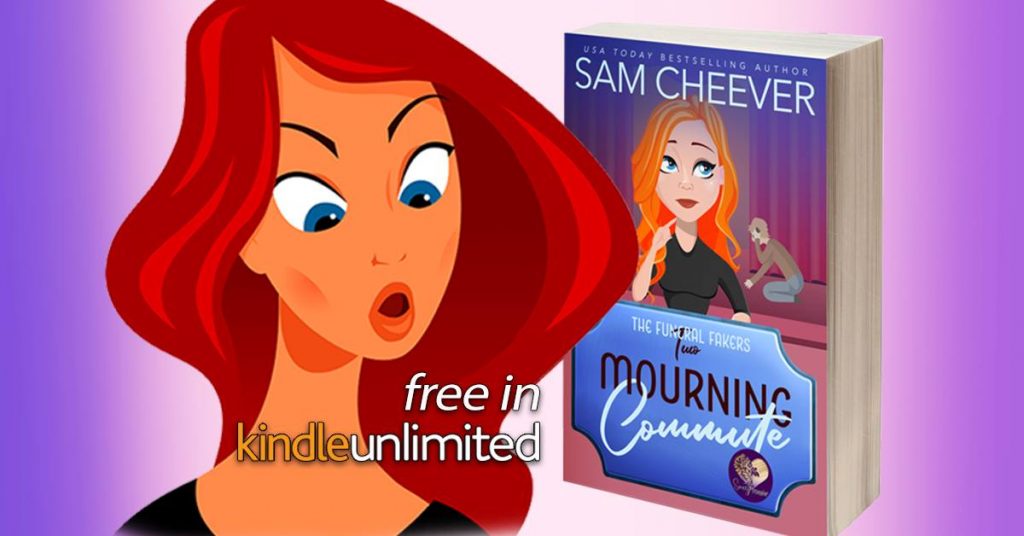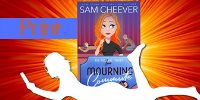When I was asked to write Mourning Commute, I spent some time pondering the idea of hired mourning. It wasn’t the first time I’d thought about it, I’d actually already written a scene with paid mourners. Perhaps you recall this dignified and sedate scene from Naval Gazing?
***
A long, wailing sob broke the stillness, its fulsome, alarming tenor enough to break through even the little old man’s stupor. He flinched once but, no doubt suffering under nine decades of emphasis on manners and how to behave in polite society, kept his gaze fixed on the casket in front of him.
However, the emitter of the wail was not to be ignored. Another hefty wail broke the silence and it seemed the sound broke something loose in the rest of the assembled mourners. Loud sobbing bubbled up to fill the previously mostly silent cemetery. The sound rose to match the wailing in loudness and, in one or two instances rose above it.
Not to be outdone, one mourner called out, “Help me Lord Ja-eee-sus!” Sounding like a good old-fashioned television preacher working a crowd for money.
With that, the stakes were raised. Never one to let someone beat her at her own game, Agnes let off wailing and, giving her competition a very un-Christian glare, threw back her head and screamed, flinging herself forward toward the unsuspecting deceased.
Unfortunately for everyone involved, Agnes caught her oversized sneaker on a blade of grass and toppled, arms akimbo, onto the surface of the casket.
Everything stopped. It was as if someone had been playing with a time machine and, seeing the pure entertainment value in that place and time, hit a giant ‘Pause’ button to savor the train wreck more completely.
***
Yeah, not Agnes’s finest moment. But you have to admit it was a good bit of acting. #:0) The truth is that professional mourning has been a “thing” for a very long time. It has its roots in several cultures and is mentioned several times in the Bible. In ancient times, the profession was meant to comfort and entertain a grieving family and was performed mostly by women. The jobs were coveted because they provided a way for women to earn their own money. For the deceased, having paid mourners was a sign of prosperity and importance.
Like her ancient sisters, May Ferth believes her job is a comfort to her clients. She takes great pride in serving the grieving family’s needs. But it soon turns out to be the role of her life. May bumps up against a cold-blooded killer while performing her part, and is soon running for her life in a truly ugly pair of shoes!



